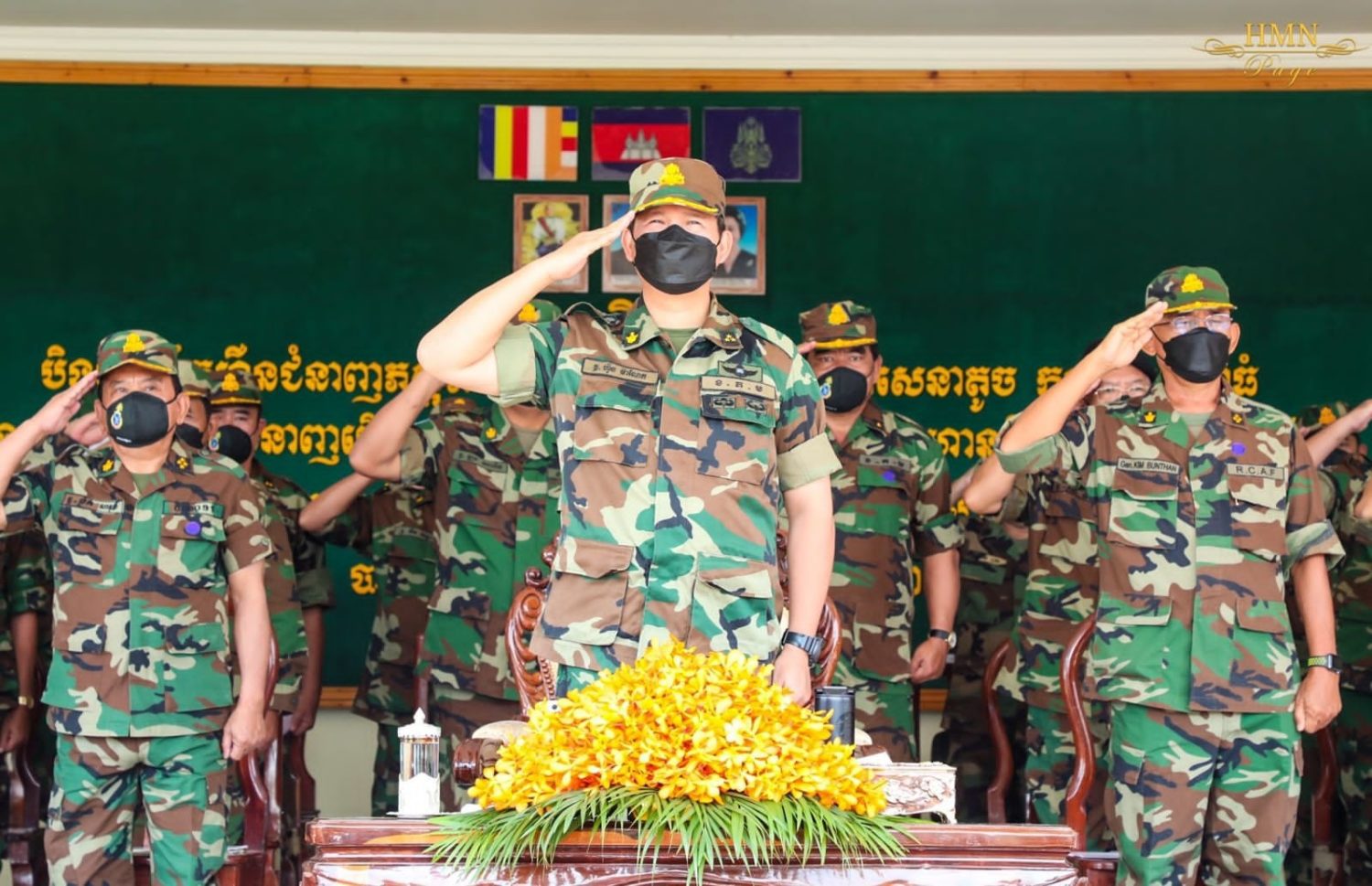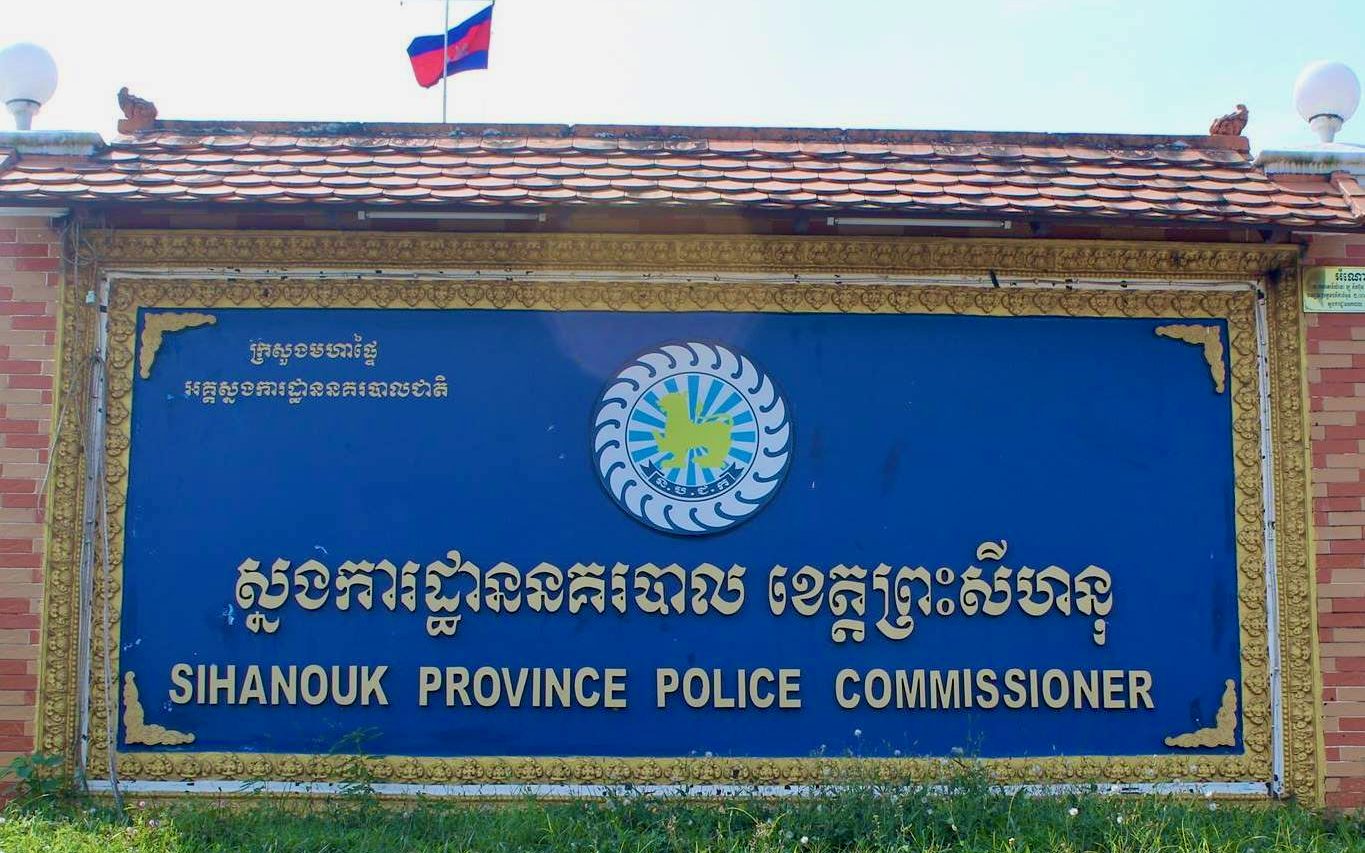Four Preah Vihear indigenous families met with provincial authorities on Tuesday over claims to their land and were told they had no option but to leave their homes.
The families live in Tbeng Meanchey’s Brame commune and met with Preah Vihear provincial officials on Tuesday to discuss a longstanding dispute they are having with at least two different claimants to their land. Their land — which comprises four separate plots — is in Bos Thum village near the Rui Feng mega sugarcane plantation, but not part of the large, failed agricultural project.
Sok Moeun, 37, said she has faced at least two separate claims to her small plot of land, which she uses as a residence and for small-scale farming. Moeun said she had been living on the land since 2000 but in 2014 a person named Nhoch Sothy said they had a hard title for the land and asked the indigenous woman to leave.
The case went to court. Moeun attended three hearings and the judge ruled in her favor, allowing her to continue occupying the land. But she was again summoned to court last year when a different person, named Kim Nhoch, said he had a hard title to the land that was issued in 2014.
“The authority asked me to give my land to the person who has got the hard title and I refused because it’s mine,” she said, talking about Tuesday’s meeting. “I’ve been using the land to grow rice every year, and Kim Nhoch never did anything on this land and he says it’s his.”
Moeun said cadastral officers had come to measure her land in 2012 or 2013 but she told them it was her land and didn’t need it measured. She even removed the sticks marking the area of her land.
Hei Hoeun, another village resident, said a separate person had come to his 1-hectare plot of land and claimed it belonged to them, showing Hoeun a 2012 land title. He did not remember the person’s name.
He told provincial officials on Tuesday that he refused to leave the land, even after they promised him compensation or land elsewhere.
“I will not leave this land. If they sue me and want me to go to court I will go to court. But I’m not giving my land to him,” Hoeun said.
Tbeng Meanchey deputy governor Sok Monirith, who was at the Tuesday meeting, said the four families had been living on other people’s land for years and were given land titles after Hun Sen’s volunteer group measured the land for titles in 2013.
“We don’t want to sue them and go to court. So we tried to resolve this problem outside of the court at the first step. The indigenous people living on the land … are wrong, which is why we went down to collect information in this case and we are working on it”.
Poek Sophon, executive director of advocacy group Ponlok Khmer, said people had been laying claims to land inside the nearly 40,000 hectare sugarcane plantation, after the business went bust. He said a similar trend was visible in land surrounding the plantation.
“The way they are doing it now is just like an act, a fake procedure to deceive people,” he said. “In reality they went behind the people’s back and gave hard titles for the land to the rich and powerful people, as these villagers were on the land without knowing that they would lose it soon.”













